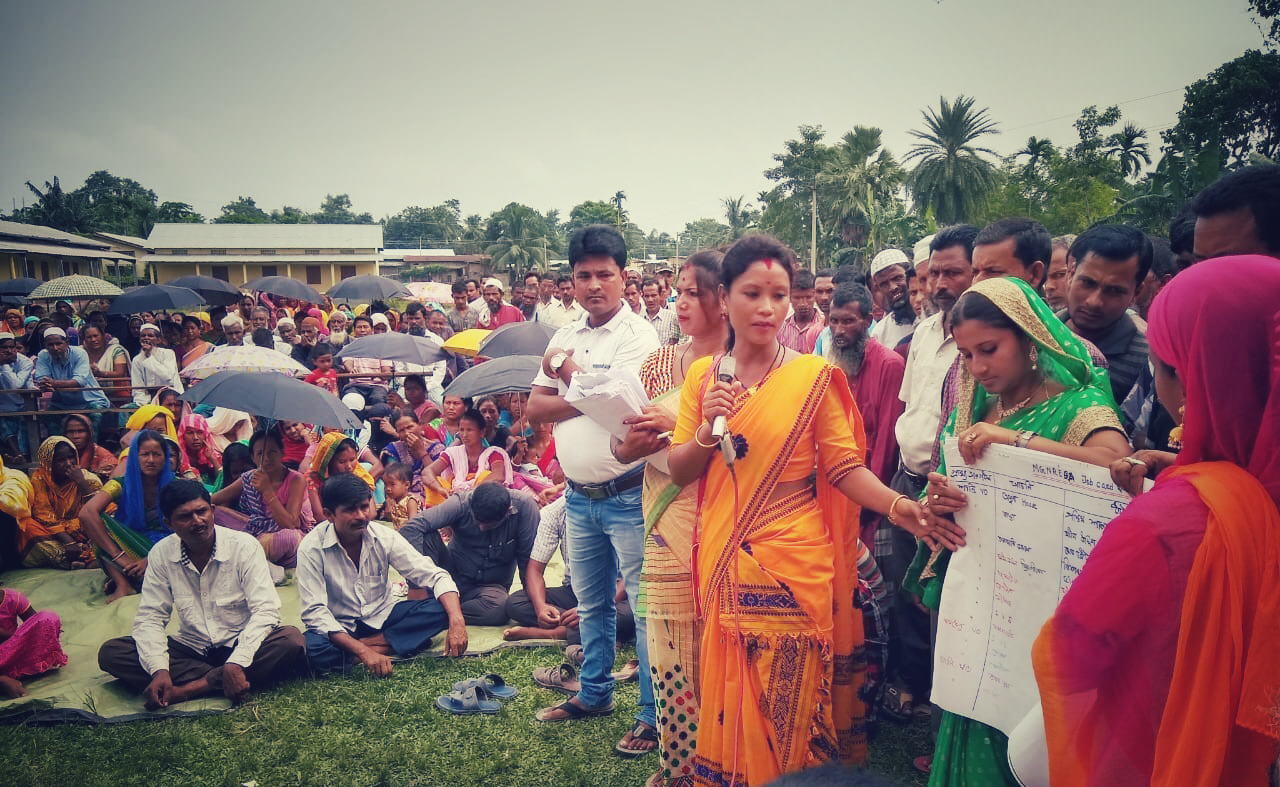Years before he became the Father of the Indian Constitution, Dr Bhimrao Ambedkar in his famous memorandum to the Simon Commission in 1928, laid down what was to become the benchmark for those Indian nationalists pleading the case for universal franchise.
“Those who insist on literacy as a test and insist upon making it a condition precedent to enfranchisement, in my opinion, commit two mistakes. Their first mistake consists in their belief that an illiterate person is necessarily an unintelligent person. Their second mistake lies in supposing that literacy necessarily imports a higher level of intelligence or knowledge than what the illiterate possesses,” he stated in his now-classic memorandum.
In 2015, the Rajasthan government brought in an amendment to the Rajasthan Panchayati Raj Act, 1994, which required candidates contesting sarpanch elections to have passed Class 8 and those contesting zila parishad and panchayat samiti elections, to have cleared Class 10.
The amendment also restricted people with non-functional toilets in their houses from contesting elections. Soon after, Haryana introduced similar educational qualification requirements for its own local body elections.
In the Rajbala v. State of Haryana case, 2015, the Supreme Court upheld the contentious amendments, saying that the right to contest is neither a fundamental right nor a statutory right, but is a constitutional right, and can be regulated by laws passed by the legislature. The court opined that, “It is only education which gives a human being the power to discriminate between right and wrong, good and bad. Therefore, prescription of an educational qualification is not irrelevant for better administration of panchayats.”
However, the new Rajasthan government scrapped these amendments soon after assuming power in December 2018, resulting in a renewed debate on this subject, which should be an opportunity to remind Indians of the huge potential that the 73rd and 74th Amendments bestow on the people when it comes to better governance, accountability and transparency.
These landmark Constitutional Amendments were passed by the Parliament in 1992 and introduced local self-governance in rural and urban India. Panchayats in rural areas and municipalities in urban areas became the institutions of self-government. It was envisaged that this arrangement would bring the decision-making authorities closer to the people, thereby making governance more effective and accountable.
India strives to be a forward-looking country but still has backward-looking institutions, according to noted social scientist, Shiv Vishwanathan, in an April 2015 article entitled A New Public Policy for New India. The 73rd and 74th amendments are an important institution in themselves, which have the capacity to transform how India is governed.
There is no empirical evidence to suggest that people with formal education can be better public representatives and administrators than those without education, especially at the panchayat level.
Ironically, anecdotal evidence seems to propose the opposite. Many elected representatives, especially women panchayat leaders, draw from their own experiences and hardships that their families face every day to tackle issues more effectively due to their holistic understanding. It makes them seem better equipped to handle deprivation and lack of opportunity, as opposed to those who have been empowered all their lives.
Barring people from contesting elections by erecting barriers to entry based on educational qualification limits the people’s right to choose their representative who they deem most suitable. This is an indirect and more subtle way of restricting people’s right to choose their leader.
Such laws have the tendency of being discriminatory. On the face of it they might seem to be applicable for everyone, but the most disproportionate effect of such restrictions is seen more among the marginal and other vulnerable groups in the society.
According to Namita Bhandare’s article, Panchayat and Gender Imbalance published in 2015, 68% of Dalit women and over 50% of all women were disenfranchised because of the Haryana law.
It is unwise to blame the people for not being formally educated, when in fact it reflects the state’s failure to discharge its constitutional obligations effectively.
Lastly, the central and state governments should stop treating local bodies as their vassals by imposing on them the responsibility of ensuring the success of the Central and state government’s schemes and policies only. Rather than adopting a carrot and stick policy for implementing schemes like Swachh Bharat Mission, a more inclusive way would be to spread awareness about the various benefits of having toilet and clean surroundings.
Deprivation is a function of state’s neglect and social discrimination. Instead of behaving like an ostrich by burying its head in the sand in calamitous times, state governments would do better if they focused more on ensuring equitable educational opportunities and respecting and strengthening the autonomy of the local bodies.
The first and second tiers of governments as well as the judiciary should remember the ‘knowledge problem’, which dwells on the distributed nature of knowledge that cannot be accessed by just a handful of decision makers at the top, as pointed out evocatively by Fredrick A. Hayek, in an article entitled The Use of Knowledge in Society, in the American Economic Review.
In a liberal democracy, it is imperative that any such law, which can have considerable impact on one of the tenets of democracy, should be formulated keeping in mind both its intended as well as unintended consequences, noted Claude-Frédéric Bastiat, French economist, writer and a prominent member of the French Liberal School, in the nineteenth century.
Paternalistically mandating what makes a person a ‘worthy’ candidate runs counter to the spirit of seeking to expand democracy by bringing self-government to the grassroots.
Read more: SO Musings: A Dialogue Between Socrates And Lenin
Post Disclaimer
The opinions expressed in this essay are those of the authors. They do not purport to reflect the opinions or views of CCS.




